“One of the main issues is this huge slippage between what young people need and what they are getting. We are in the era of #metoo, sexual harassment, sex and gender politics and those are things that young people really want to know about, but they are often not areas that teachers and parents are comfortable going into,” Assoc Prof Quinlivan says.
The internationally recognised researcher of school-based sexuality education says a limited health and risk focus of sexuality education lingers. That the word “pleasure” was removed from the most recent (2015) Ministry of Education sexuality education guidelines is typical of a cautious official approach, she says.
Meanwhile, young people are taking matters in to their own hands, Assoc Prof Quinlivan says.
“There are feminist groups in schools and there are queer-straight alliance groups in schools that have strong social justice orientations, combatting discrimination and talking about pleasure – there are a lot of informal things happening that are not visible in the formal arena.”
The gaps can be bridged, she says. Assoc Prof Quinlivan advocates for teachers to listen to young people’s lived experiences and venture beyond traditional boundaries.
“It is not easy teaching these things. The Ministry of Education is risk averse and doesn’t provide support for professional development, plus the Sexuality Education guidelines are not compulsory – in fact schools didn’t even receive a hard copy of them,” she says.
“Policies aside, the relationship with students is the most important thing for teachers to develop and that takes time. You have to be someone who is really interested in exploring the issues that young people are dealing with.”
The possibilities for change are exciting, she says.
“The rise of the #metoo movement has been huge – there has been a tidal shift. There is a new feminism where younger women are starting to stand up and talk about the things they experience. Through popular culture, in response to gender-based harassment, sexual diversity and the rise of #metoo, there is a renewed interest in gender activism – it is a bit of moment really!”
The book was launched in New Zealand on 20 February to coincide with a symposium for academics and teachers at UC’s College of Education, Health and Human Development, titled Coming In Slantways: Sexuality Education Otherwise. Presentations and workshops enabled participants to explore and expand their practice, bringing the fruits of research to both educators and their students.
- Exploring Contemporary Issues in Sexuality Education with Young People, by Kathleen Quinlivan, Palgrave Macmillan UK, ISBN 978-1-137-50104-2
Margaret Agnew, Senior External Relations Advisor, University of Canterbury
Phone: +64 3 369 3631 | Mobile: +64 27 254 3949 | margaret.agnew@canterbury.ac.nz
Tweet UC @UCNZ and follow UC on Facebook


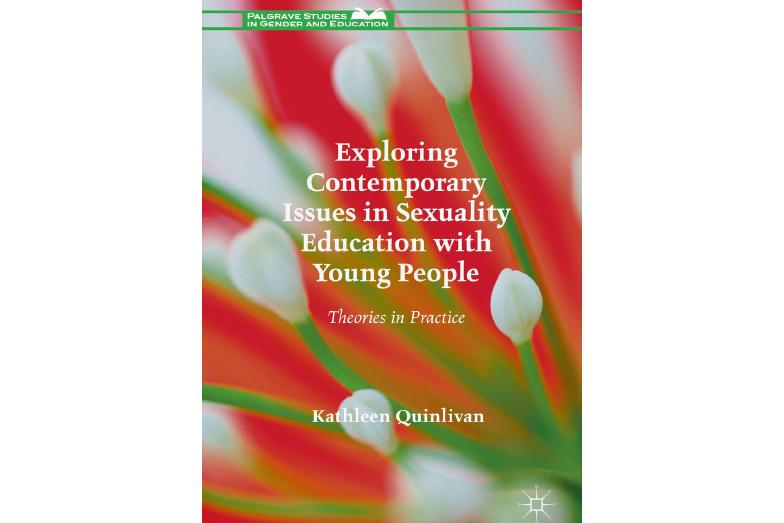
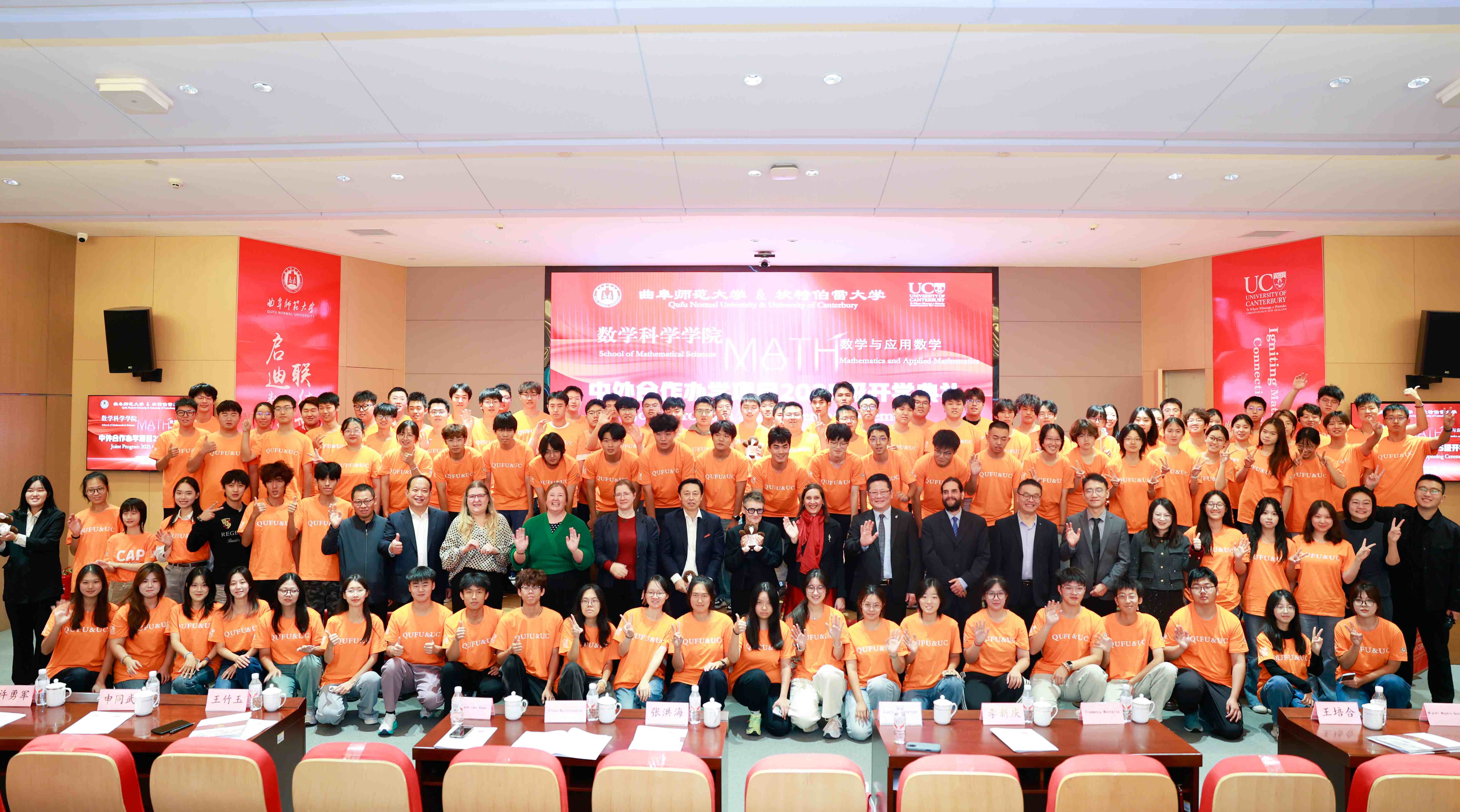

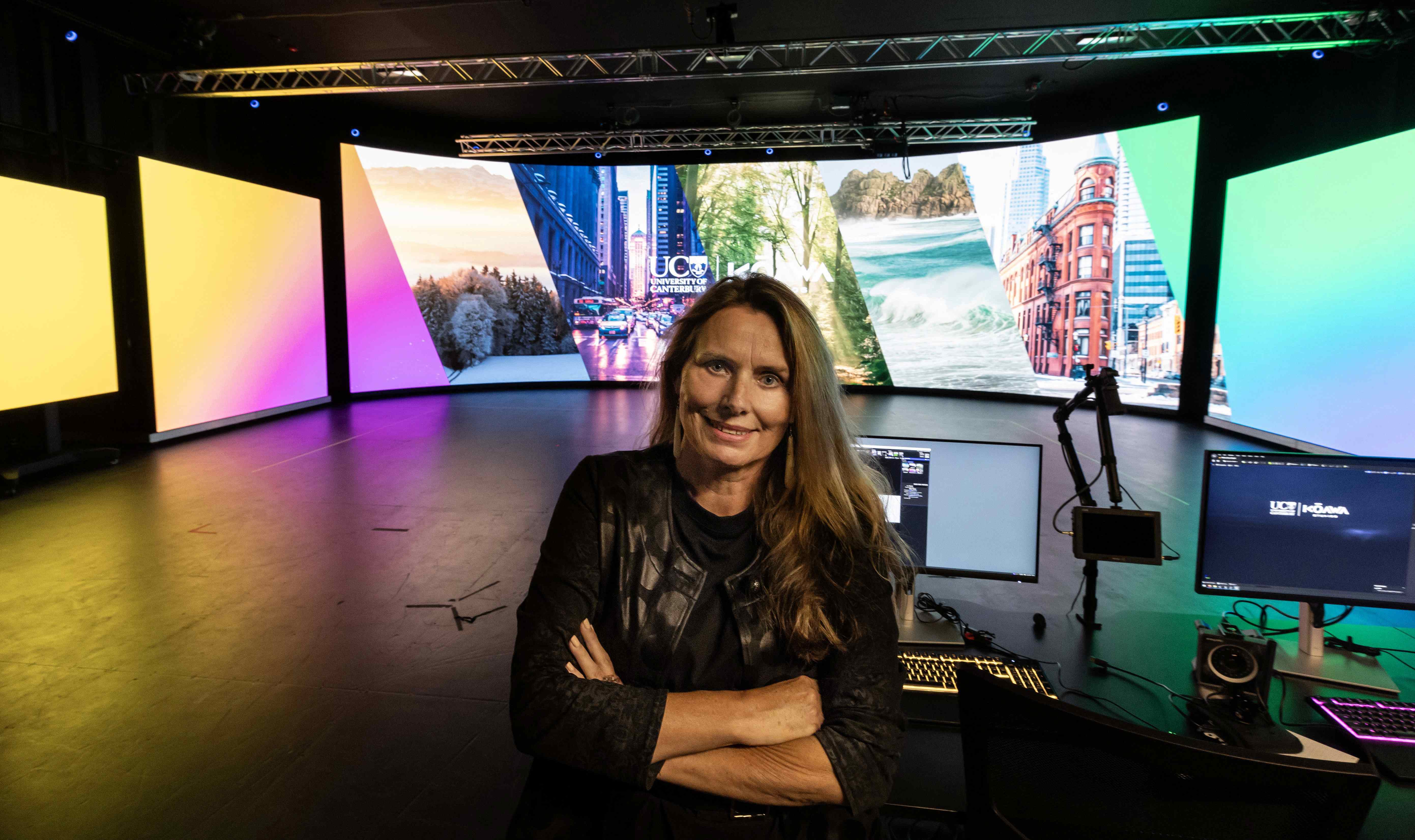
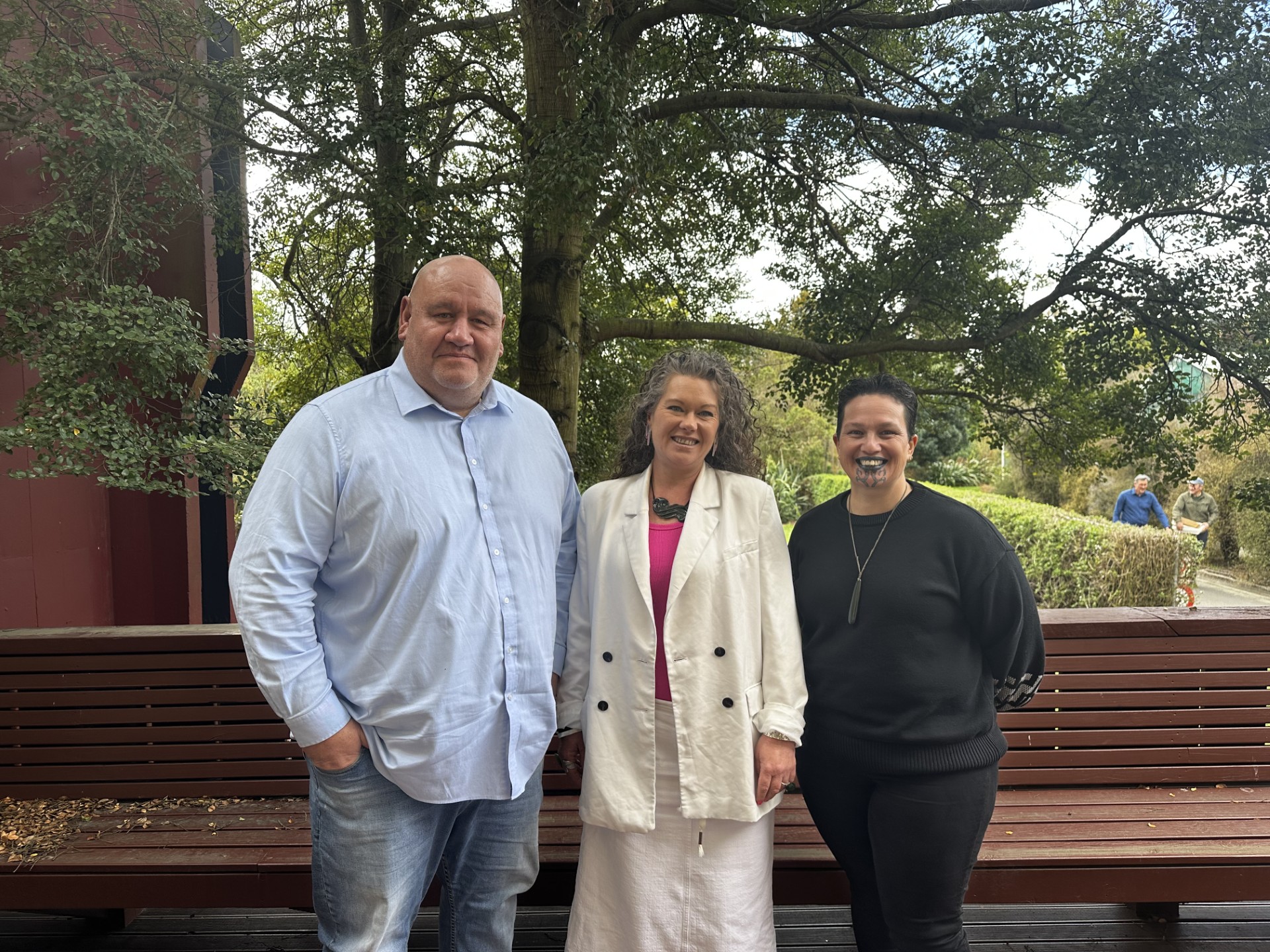
.jpg)
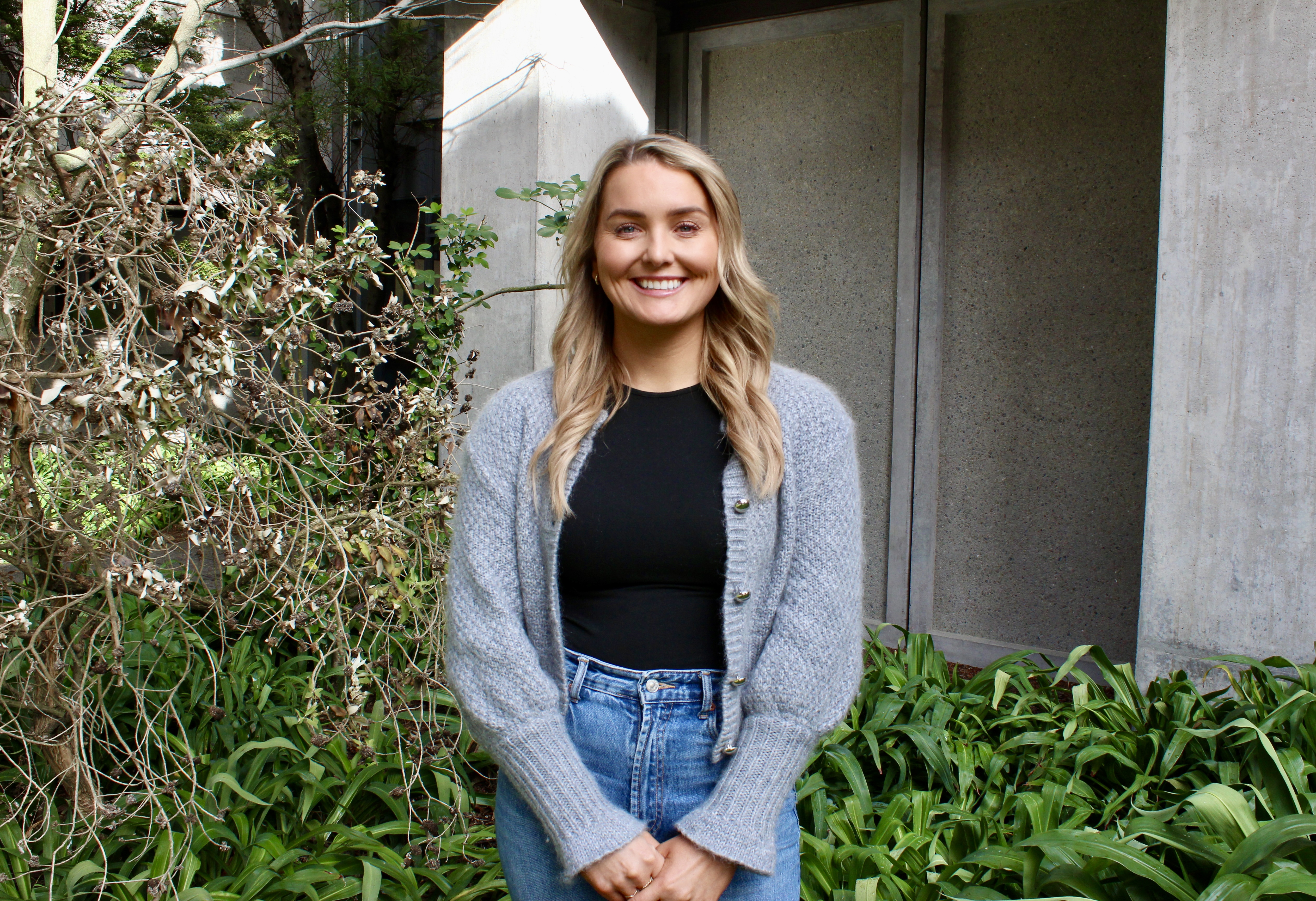

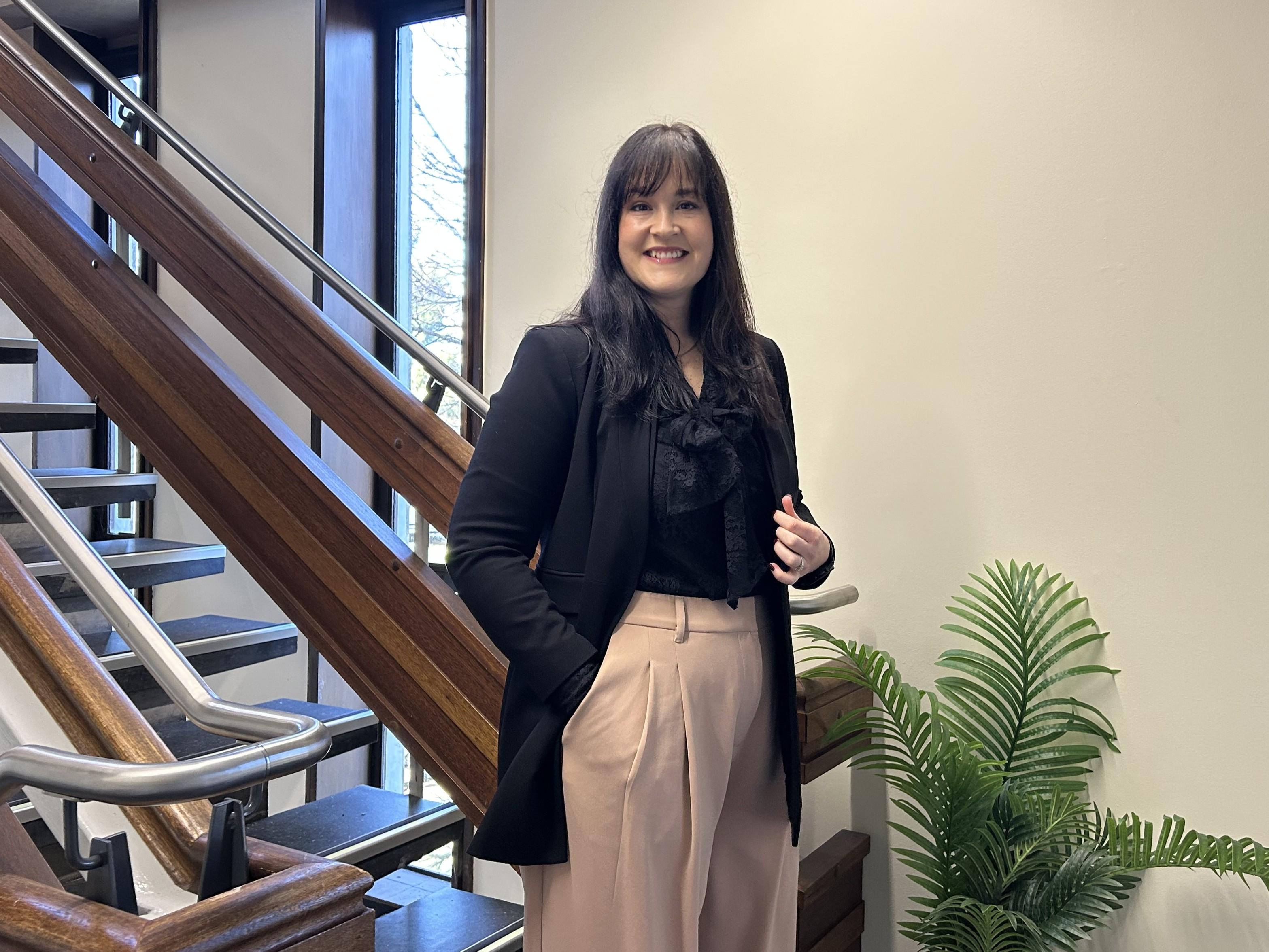
.jpg)